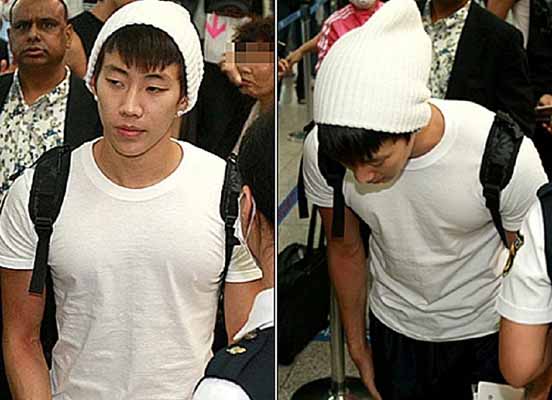
Korean Idols are expected to conform to Korean values, promote Korean culture, and act as role models and representatives of Korea on the international stage. Part of this is showing patriotism and supporting nationalist values, particularly when it comes to issues surrounding modern history and territorial disputes. However, with rapid globalization and the growing export of K-pop into various regions, it becomes increasingly difficult for idols to maintain neutrality on these issues. Koreans want idols to show patriotism, while international fans want idols to sympathize with their local causes. These conflicting perspectives are often irreconcilable, as one contradicts the other (Fedorenko 2017: 499).
I agree that it is not possible for an idol to publicly and explicitly support Korean nationalist views while maintaining popularity in the regions where those views clash with the local agenda. For instance, an article in Newsis from February 21st, 2012 revealed that when Kim Taehee came out in support of Korean territorial control of Dokdo, a disputed island in the East Sea, she received backlash from Japanese fans and had Japanese advertisements cancelled. There is no room for balance, since idols can either support, or oppose Korean nationalist views.
 There are two ways for idols to keep Korean fans content, while avoiding backlash from international audiences. One is for idols to avoid talking about political issues completely, and ensuring that all of their produced content including music, scripts, and social media posts are as neutral as possible. While this is effective for the most part and the strategy most idols tend to use, it may seem unpatriotic to some which is bad if the idol is more popular in Korea than anywhere else. The other method is avoiding any explicit public stances on issues involving other regions, while using media to promote and celebrate Korean history. This naturally leads to fans, both domestic and international, talking about the issues themselves, without getting the idol involved.
There are two ways for idols to keep Korean fans content, while avoiding backlash from international audiences. One is for idols to avoid talking about political issues completely, and ensuring that all of their produced content including music, scripts, and social media posts are as neutral as possible. While this is effective for the most part and the strategy most idols tend to use, it may seem unpatriotic to some which is bad if the idol is more popular in Korea than anywhere else. The other method is avoiding any explicit public stances on issues involving other regions, while using media to promote and celebrate Korean history. This naturally leads to fans, both domestic and international, talking about the issues themselves, without getting the idol involved.
 To understand the second method and to see why it is effective, we must see an example. Bada, a popular Korean singer from the group S.E.S., made several posts on social media in 2016 of her celebrating Gwangbokjeol, the Korean Independence Day. Korean fans were happy to see their idol show patriotism while the Japanese fans had no issues with her celebrating a national holiday and talking about history. Not only that, any international fans that were previously unaware of Korea’s colonial past could learn about it.
To understand the second method and to see why it is effective, we must see an example. Bada, a popular Korean singer from the group S.E.S., made several posts on social media in 2016 of her celebrating Gwangbokjeol, the Korean Independence Day. Korean fans were happy to see their idol show patriotism while the Japanese fans had no issues with her celebrating a national holiday and talking about history. Not only that, any international fans that were previously unaware of Korea’s colonial past could learn about it.
Fedorenko, Olga. “Korean-Wave Celebrities Between Global Capital and Regional Nationalisms.” Inter-Asia Cultural Studies 18, no. 4 (2017): 499.
Yi, Jaehun. “Dakeshima, Gim Taehee balmokjapda… Dokdo allimi hwaldong pyojeok [Takeshima, grabs Kim Taehee by the ankles… Dokdo Awareness Activity the Target].” Newsis, Feb. 21, 2012. http://www.newsis.com/view/?id=NISX20120221_0010535560.
Written by Jun Hyung Park